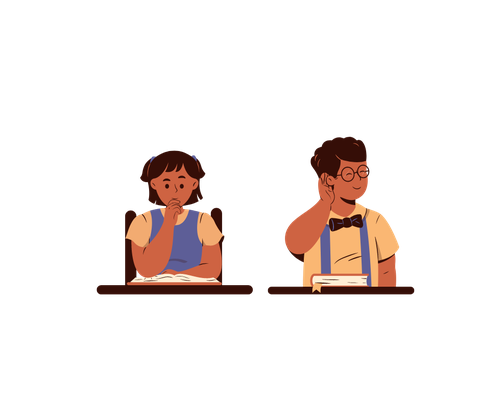Proband*in für Wahrnehmungsexperimente am Lehrstuhl für Akustik und Haptik werden!
Als Lehrstuhl für Akustik und Haptik führen wir Hörversuche und Wahrnehmungsexperimente mit Proband*innen durch. Dafür suchen wir kontinuierlich freiwillige Teilnehmer*innen.
Über den Newsletter „AHA-Info“ möchten wir daher potenzielle Proband*innen über aktuelle Wahrnehmungsexperimente unseres Lehrstuhls informieren. Die Teilnahme an jedem dieser Experimente ist selbstverständlich jederzeit freiwillig.
Zum Abonnieren des Newsletters „AHA-Info“, senden Sie eine E-Mail mit dem Betreff subscribe an . Im Anschluss erhalten Sie eine E-Mail in der Sie aufgefordert werden Ihre Anmeldung zu bestätigen. Am schnellsten gelingt dies indem Sie auf die unveränderte E-Mail antworten („antworten“ + „senden“). Mit der Registrierung willigen Sie in die Verarbeitung Ihrer personenbezogenen Daten gemäß der Datenschutzerklärung ein.
Wir freuen uns auf Sie!
Ihr AHA-Team
ONGOING STUDIES
- Are you more of an auditory or visual person?
If you are keen to find out with which sensory modality you learn better, then take part in our study which investigates learning behaviour using auditory and visual stimuli! Using your mobile device (no laptop or tablet, please), click on the following links to participate in the experiment:
Auditory (or copy-paste: https://research.sc/participant/login/dynamic/E5B39A6F-8732-4F1C-98C1-E446FB630B4D)
Visual (or copy-paste: https://research.sc/participant/login/dynamic/15C4D056-58B4-4008-B1B2-C9981FD02DAB)Who we are:
Prof. Merle Fairhurst - Centre for Tactile Internet with Human-in-the-Loop, TU Dresden
Prof. Maximilian Moll - Institute for Theoretical Computer Science, Mathematics and Operations Research, UniBw
Dr. Isabelle Ripp - Faculty of Philosophy, LMU
Wenhan Sun - Faculty of Philosophy, LMUWe thank everyone willing to participate in the study! If you have questions or experience technical difficulties please contact Wenhan Sun ().
02. Can you trust a robot?
We are curious what you think about social robots interacting with people.
Using your laptop (no mobile devices), click on the following link to participate in our online experiment:
https://research.sc/participant/login/dynamic/0C4916C6-EA2B-4E67-80F3-969AD3829170
You will watch a series of comics and respond to a few questions. Have fun!
If you have questions or experience technical difficulties please contact Irene Valori (irene.valori@tu-dresden.de).

